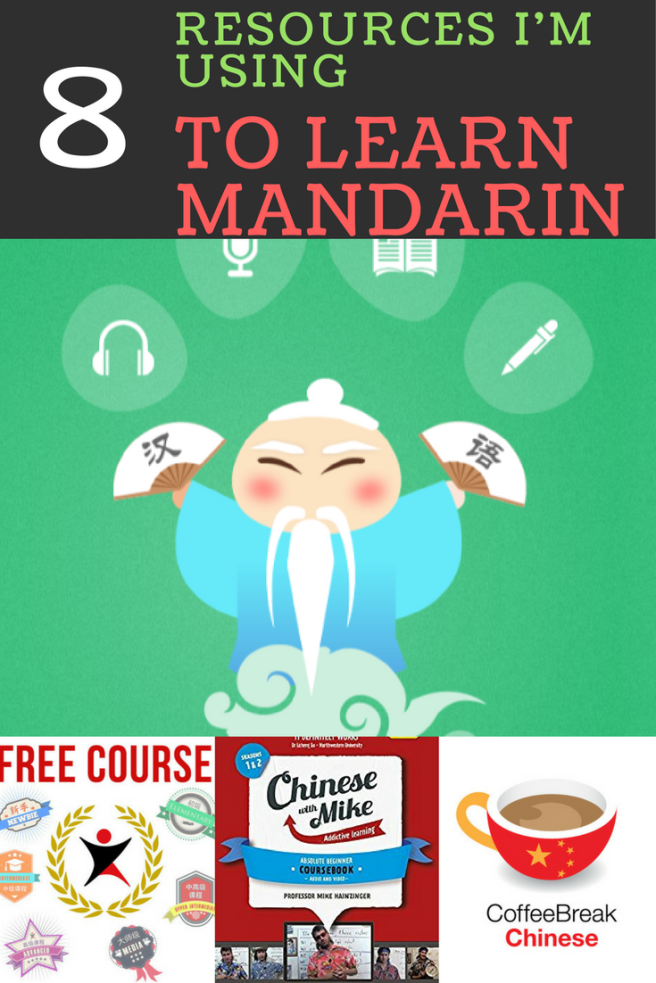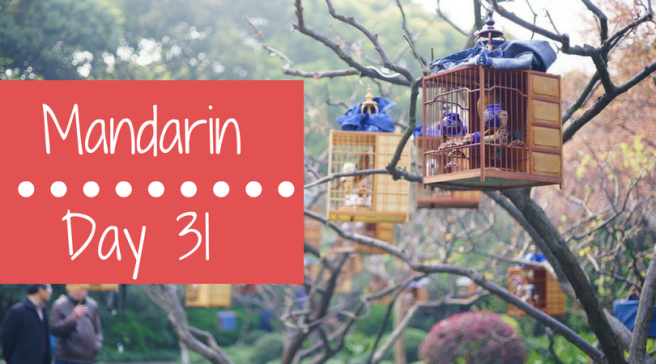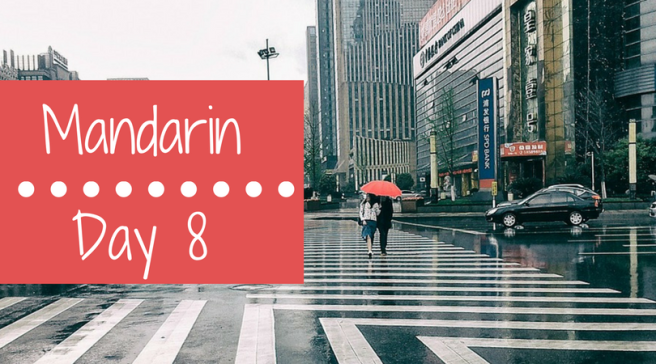
I survived, clearly. It was exactly as bad as I feared. No surprise, I am terrible at speaking Chinese. Maybe even worse than I thought. Thankfully, my iTalki tutor was cheerful, helpful, and patient.
And while it is painful to struggle through a conversation where you only understand every couple of words and where you are mangling the language, it is much better to do it with a seasoned tutor who is at least compensated for enduring the language-mangling. If I had tried out my Mandarin in its current state while traveling in China or Taiwan, I would probably be so embarrassed that I would sink back into English for the rest of the trip. As an introvert, the only way for me to build up real confidence in speaking a language is with a tutor. I’m too shy to speak with family or friends, and I am too ashamed to speak with innocent bystanders. That’s why, as hard as it was to speak Mandarin with a real human being for 30 minutes – even someone as lovely and understanding as my tutor – I am going to keep going with it. As soon as my trial lesson was done, I bought a five-class packet. Too late to back out now! I’ve got another lesson scheduled for next week.
I also learned two valuable things with the tutor, that I likely would not have figured out on my own until much later.
(1) My tendency to upspeak when I’m unsure of myself is annoying in English, but a killer in Mandarin. Upspeaking is when your pitch raises on the last word (which leads high school teachers around the country to ask hesitant students, “are you asking me or telling me?”). This meant that in Mandarin, I threw off the tone of the last word. It would end up sounding like a second tone (a rising tone), instead of whatever the proper tone was. So “Monday” would not be the proper xīngqīyī, but instead an improper xīngqīyí, which I’m pretty sure is not even a word. I didn’t do this when I was practicing on my own, because I am not nervous when I’m talking to myself. But add another human to the mix, and I’m upspeaking all over the place. Slowing down and gaining confidence are the best bets for me fixing this.
(2) I found out that I had been completely WRONG about my use of the third tone. I had learned from my textbooks that the third tone is a falling, rising tone. When there are two third tones in a row, the first one becomes a second tone (a rising tone). But that’s the only time I thought the third tone changed. Otherwise, I kept it falling then rising. Well, little did I know that in a sentence the third tone is rarely ever pronounced as a falling, rising tone. Instead, in front of a first, second, and fourth tone, the third tone transforms into a low, falling tone. I have been doing this wrong all along and without my tutor I may have NEVER figured it out. She caught on immediately, and explained what I was doing wrong. Once I was clued in about how the third tone actually works, I noticed that the podcast speakers certainly did not pronounce the third tone as a falling, rising tone most of the time. Instead, it is almost always kept as a low tone.
I turned to the internet to see if I could find more of an explanation. Olle Linge of Hacking Chinese has written a great blog post about this. And YangYang Cheng of YoYo Chinese did a wonderful video. I wish I had found these earlier! I guess I got overconfident that I already knew how the tones functioned. I learned the tones several years ago when I first dabbled in Mandarin, and had not focused on them since. This tells me that I need to go back to basics. I’m going to add five or ten minutes of study a day focused on tones and pinyin.

 Chinesepod
Chinesepod








